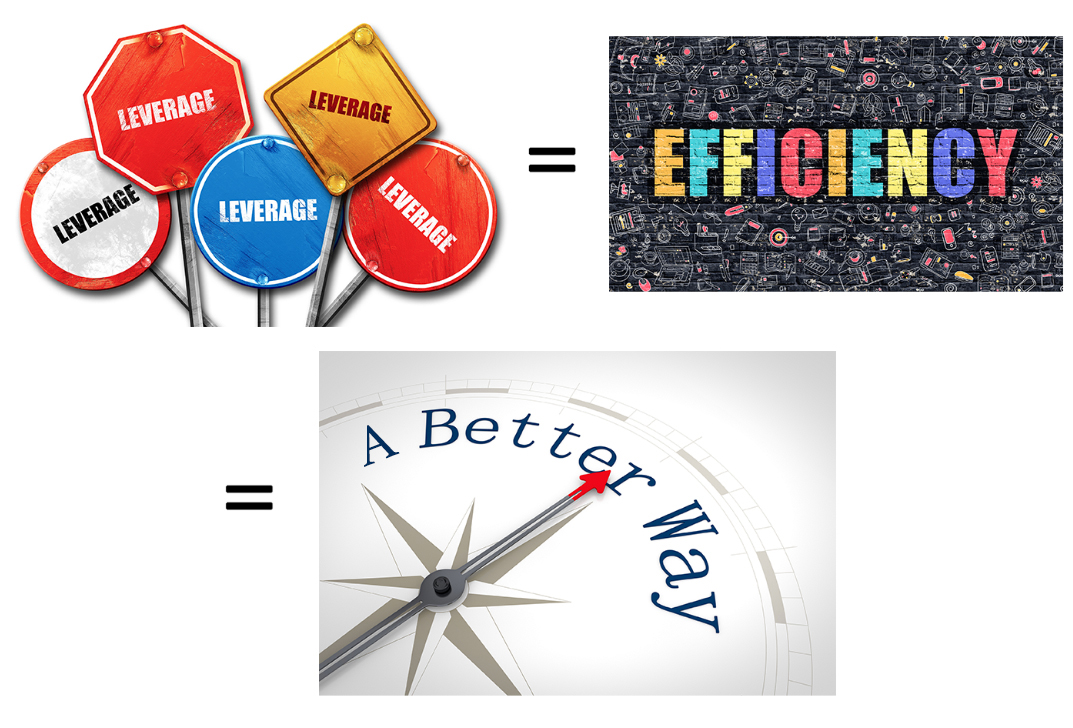
Someone with a large estate and high net-worth would probably brush off the idea of using “Someone Else’s Money” and prefer to self insure long-term care costs. Many would believe they could purchase the nursing home facility so why consider an insured solution?
Self-insuring always seems most appealing before the need occurs. But when it’s time to start writing checks for the cost of care and for a number of years, most everyone would prefer an insurance company to be involved in paying the bills. This is when a long-term care insured solution substantially increases in value and is realized by all concerned.
Wealthy people generally don’t end up wealthy by accident. They have worked hard and accumulating substantial assets is usually a result of a lifetime of good decisions, smart financial moves, understanding risk, leveraging opportunities when they arise, and perhaps some luck along the way.

HIGH NET WORTH individuals may still roll the dice on investments, but as they age tend to become more financially conservative with their assets and want to hang on to what they have financially achieved and where they want their legacy to go. They understand the importance of numbers, but also rely on instinct to make favorable choices and plan accordingly.
Here Are Some
Thoughts And

To Consider
(1) What is your plan of action if you had a stroke, Alzheimer’s diagnosis, severe arthritis, accident, or some other chronic ailment requiring care that makes it difficult for you to function independently? This can cause a real crisis at any age for a family, and most people wouldn’t know the first thing to do, who to call for help, or how to navigate the maze of issues involved with implementing a plan of care for a loved one.
Most people resist “THE MUST HAVE CONVERSATION – And The Easiest One To Put Off Until It Becomes Too Late….” Therefore no plan is ever created to deal with a chronic illness or injury requiring care.
(2) Would care needs for you or a spouse that ran for a period of time such as 5 or 10-years have an impact on your retirement income?
(3) Some may underestimate their ability to pay for care costs. You may think in term of “today’s dollars,” but you have to factor in the ongoing rising costs of future LTC services. Learn more in “Helping You Understand The Cost Of Care For Long-Term Care Services Now & In Your Future”.
(4) The best services take money, sometimes a lot of it, to pay for round-the-clock full-time care at home or a top-notch retirement community / assisted living facility.
(5) Would your home have to be modified to receive care there? Everyone would prefer to stay at home and receive care, but there are many challenges that come with setting up a home for care.
(6) What is peace-of-mind worth? Numbers, dollars, and cost are important, but so is peace-of-mind.
(7) Even with substantial assets, would you ever consider dropping your auto, homeowners, or health insurance? CERTAINLY NOT! Managing a long-term care risk should be no different due to the higher probability of needing care. Long term care insurance is the same concept, but the risk is much higher than that of an auto accident or a house fire, and personal care needs are more important to most people than a house or a car, so it should demand even more attention.
(8) Income Pays Long-Term Care Costs – Not Your Net Worth
(9) How liquid or illiquid are your assets?

Although it might seem intuitive to use net worth as a basis for your ability to self-insure, income is actually a more accurate indicator because your income pays long-term care expenses.
Now, you may be thinking, I can sell assets from my portfolio to create income. Yes, you can, but liquidating assets can be expensive, and it can jeopardize overall financial, retirement and estate planning strategies.
Let’s assume the market is down and you are liquidating assets at the wrong time (e.g., investments and retirement accounts) to pay for long-term care costs. These assets may also be subject to taxes and without them what impact will they have on your retirement plans?
What about the challenges of converting illiquid assets, such as real estate, into income. It may not be possible to sell these assets so quickly, or what happens if real estate values are down at the time of sale or tax consequences.
What asset would you liquidate first, second or third if you or your spouse needed care services for an extended period of time?
What are your safe money assets (CD’s, Money Market Accounts, Savings, etc.) earning for you?

THE RISK OF NEEDING CARE REMAINS A HIGH PROBABILITY EVENT!
TAKE ADVANTAGE…

YOUR


LEVERAGE (DEFINED): the use of a small initial investment, credit, or borrowed funds to gain a very high return in relation to one’s investment, to control a much larger investment, or to reduce one’s own liability for any loss.
EFFICIENCY (DEFINED): the state or quality of being efficient, or able to accomplish something with the least waste of time and effort; proficiency in performance. The accomplishment of or ability to accomplish a job with a minimum expenditure of time and effort.

Is there a better, more efficient and advantageous way to pay long-term care costs? Yes! How about LEVERAGING an ASSET or ASSETS to PROTECT your ASSETS using “SOMEONE ELSE’S MONEY”?
This insured solution REPOSITIONS the first liquid asset you would be using to pay for future long term care costs, an under-performing asset or even a premium from income to an insurance company.

What do you GAIN and GET in return?

This asset either for you, your spouse or combined together can be LEVERAGED creating a larger pool of income dollars to pay for long term care costs while providing a minimal to moderate death benefit should care not be needed with tax-free benefits for either long-term care or the life insurance. Long-term care costs are paid with a dollar-for-dollar reduction against the death benefit. You receive one or the other. Payments can be made by a single premium, multiple payments for a few short years, 5, 10, 20 years or a lifetime with guaranteed premiums. Lifetime benefits are available for long-term care services. Plus the owner maintains control of the insured solution with cash values or if desired your “MONEY BACK” for single premiums subject to policy provisions and limitations. What do you give up? The opportunity cost of investing that money.
“CONCIERGE SERVICES”
A long-term care policy is priceless at the time of claim. Besides receiving thousands of dollars each month to cover the cost of care, policies provide services of CARE COORDINATORS, who help develop a plan of care, assist with care provider recommendations allowing you to hire the right people as caregivers, and assess your home for safety. These CARE COORDINATORS provide very valuable services, which can make a difficult situation for a loved one much less stressful.

–Additional Advantages–
♦
Learn more in “What Can A Long-Term Care Insured Solution Do For You Today?”
♦
A long-term care insured solution replaces no plan in case you develop a chronic illness or injury that makes it difficult for you to function independently. You can even combine the policy with a professionally drafted written document that clearly expresses your wishes and where you want care received.
♦
For a fraction of your assets, you get in return 100% Peace-of-Mind.
♦
Builds a wall around your assets.
♦
Adds to your assets. It doesn’t take away from them.
♦
A simple estate preservation strategy.

